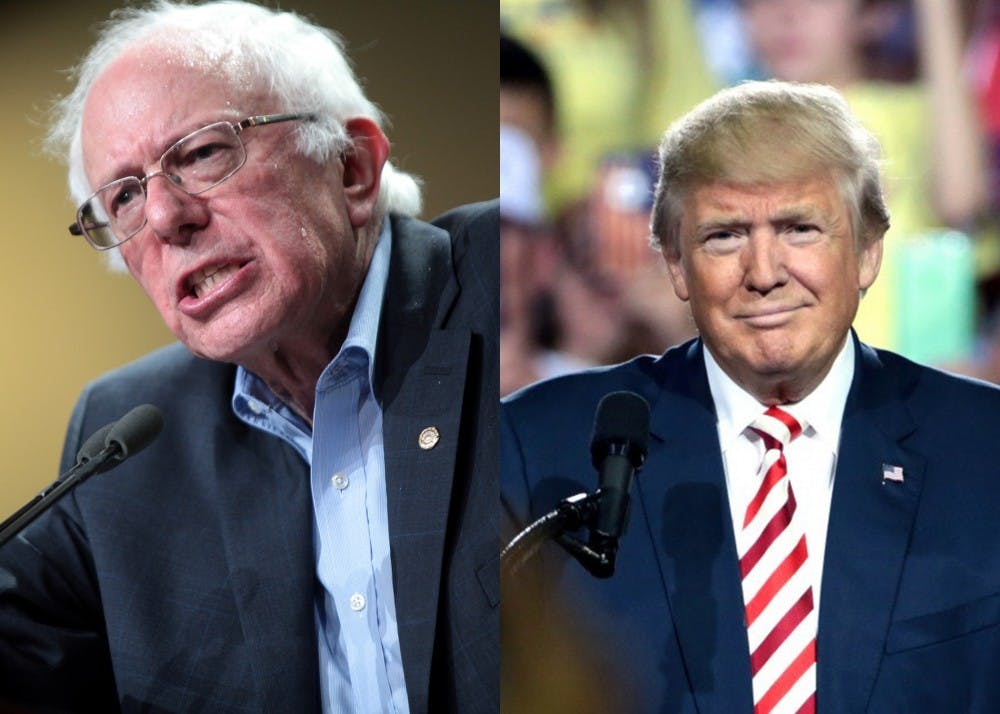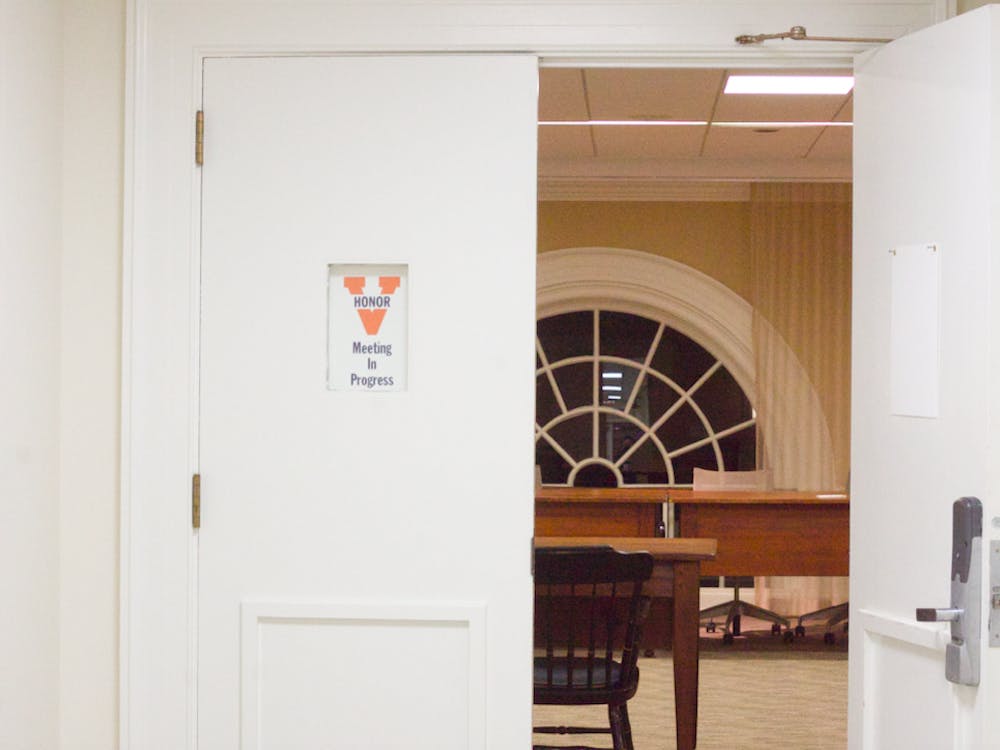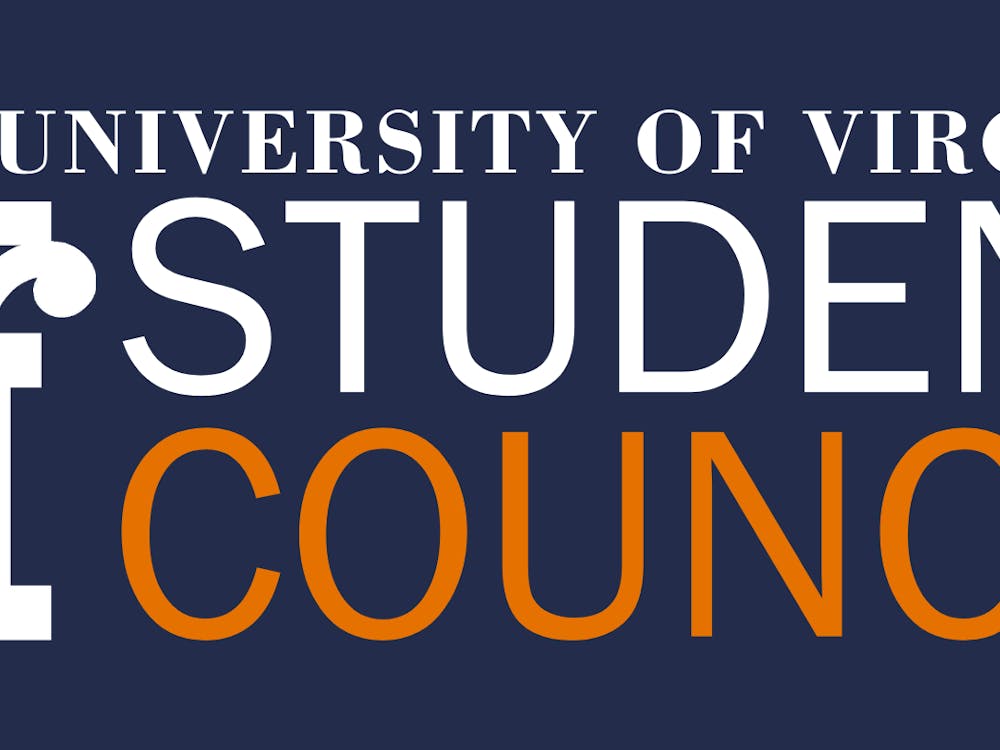A populist wave has been rising in America ever since the Great Recession, culminating into both major parties embracing it — to varying degrees — in recent years. While the Republican party in 2016 nominated and successfully elected President Donald Trump, many members of the Democratic party turned to Sen. Bernie Sanders (I-Vt.) who did surprisingly well in the 2016 primary and is a frontrunner for the 2020 primary. For all the popularity of these populist politicians, it is clear that embracing them and their policies harms the United States.
Before explaining further why this is a problematic trend, it is important to define what populism is. Pippa Norris, a political scientist at Harvard University, denotes three elements of populism — favoring popular sovereignty over representative democracy, denouncing the current power structure and having an individual charismatic leader that represents the voice of the people.
Trump and Sanders both clearly fit these characteristics. For his part, Trump has said that the political system is “rigged” and “crooked,” that he’s “draining the swamp” and that he represents the “silent majority” of the people. Meanwhile, Sanders has argued that the political system is “corrupt,” that the nation is “owned and controlled by a small number of multi-billionaires whose greed, incredible greed, insatiable greed, is having an unbelievably negative impact on the fabric of our entire country,” and that America is moving away from democracy and toward oligarchy. Furthermore, there is no doubting that he has inspired an enthusiastic and devoted following that feels he is fighting for the little guy.
For what these two politicians lack in agreement on policy, they make up for with their agreement that the political and economic system in the United States is inherently unfair for non-elites. This worldview — while admittedly cathartic to those who have been left behind by phenomena such as globalization — is damaging to the country when it is widely accepted.
One of populism’s detrimental effects is sowing increased divisions within society. When Trump and Sanders criticize the system as being rigged, they rarely stop there. Instead, they demonize certain groups of people for causing it. Trump attacks journalists, intellectuals and government workers, while Sanders vilifies wealthy people and any politician who accepts donations from the wealthy. This sort of rhetoric inescapably leads to an “us versus them” mentality where “they” are not only causing “us” harm but are often doing so maliciously. That, in turn, necessarily leads to more division. And being that 90 percent of Americans believe that our political division is a serious issue, this should be particularly alarming.
In addition to the divisiveness that it generates, populism provides only bumper sticker solutions to the incredibly complex and challenging problems that the country faces today. Take immigration for example. Why bother working out a 50-page policy proposal on how to most effectively implement immigration reform when you can just have a 3-word slogan — “build the wall” — instead? Or for healthcare — why spend the time investigating and combating the causes of increasing healthcare costs when we can instead just give everybody Medicare? These inelaborate policies are rarely as straightforward to implement as their supporters would like you to believe. This phenomenon can be seen by another three-word slogan — “repeal and replace.” Trump and other Republicans campaigned on eliminating Obamacare without much further explanation beyond saying it would be “terrific”. This push to eliminate Obamacare ultimately failed because they oversimplified the issue so much that by the time they got to Congress there was little agreement about how much they were going to repeal or what they were going to replace it with. It is not hard to draw parallels between that movement and the current fight for Medicare for all. Many of the politicians campaigning on Sanders’ keynote policy are themselves unsure about what it would exactly entail.
But it’s not just that these ideas are uncomplicated since the simplest answer may in fact be the right one. The problem is also that when people bring up legitimate concerns about costs, effectiveness or political feasibility of these policies, far too often the response impugns the questioner rather than addressing their concerns. They suggest that the questioner is not courageous enough to adopt such radical ideas, cannot think freely because of political donations or is simply “fake news.” These sorts of smears serve as a way to look morally superior but they come at the cost of shutting down meaningful debate about the complex issues facing our country.
When taken as a whole populism — on the left and the right — is damaging our country. It divides people by creating a false narrative of “us versus them,” encourages half-baked answers to challenging questions and induces moral posturing that stifles valid opposition. For these reasons, it is evident that populism is bad for the United States and must be rejected.
Gavin Scott is an Opinion Editor for The Cavalier Daily. He can be reached at g.scott@cavalierdaily.com.






